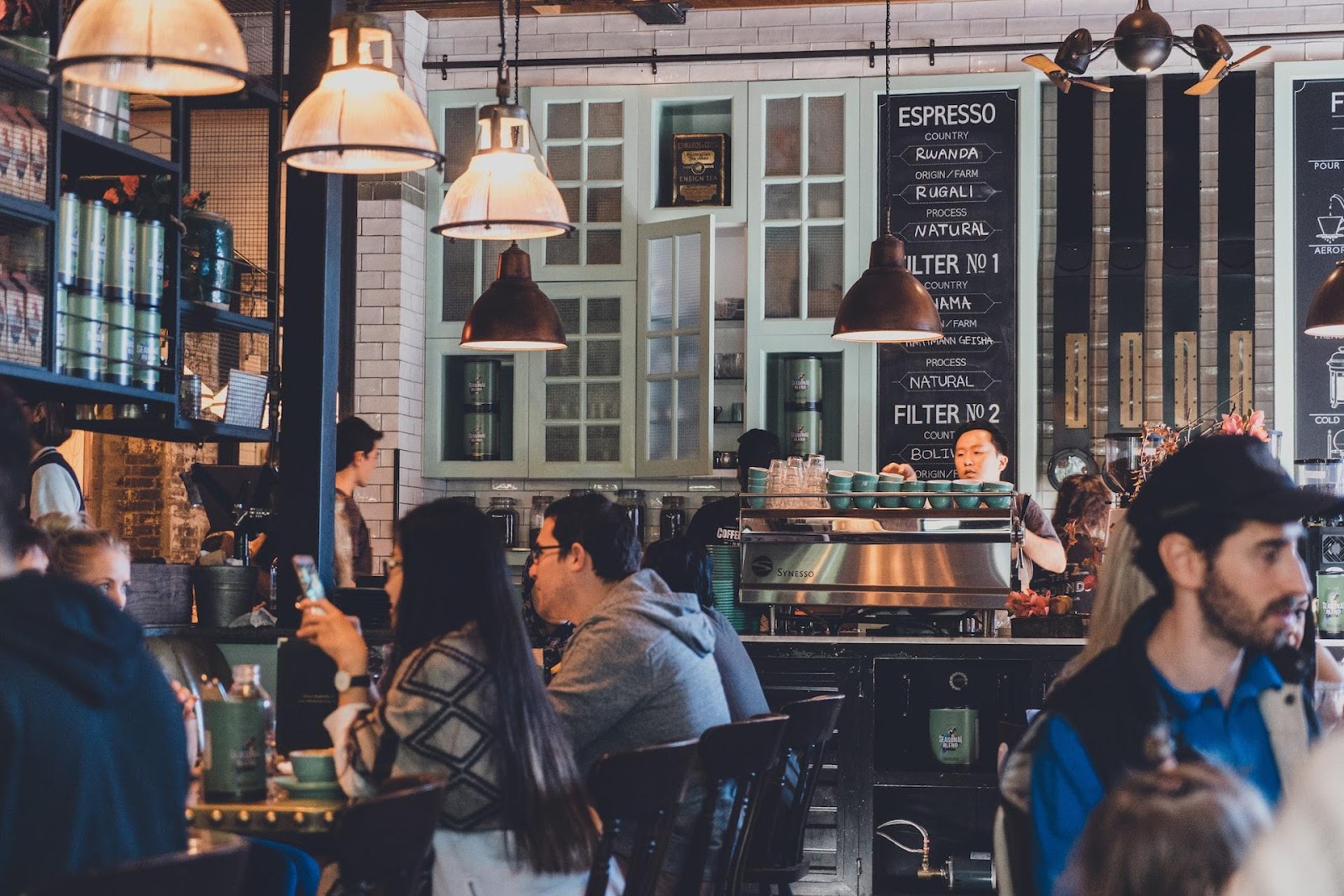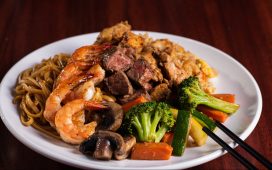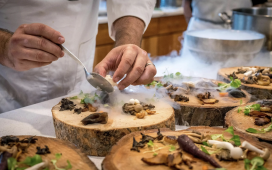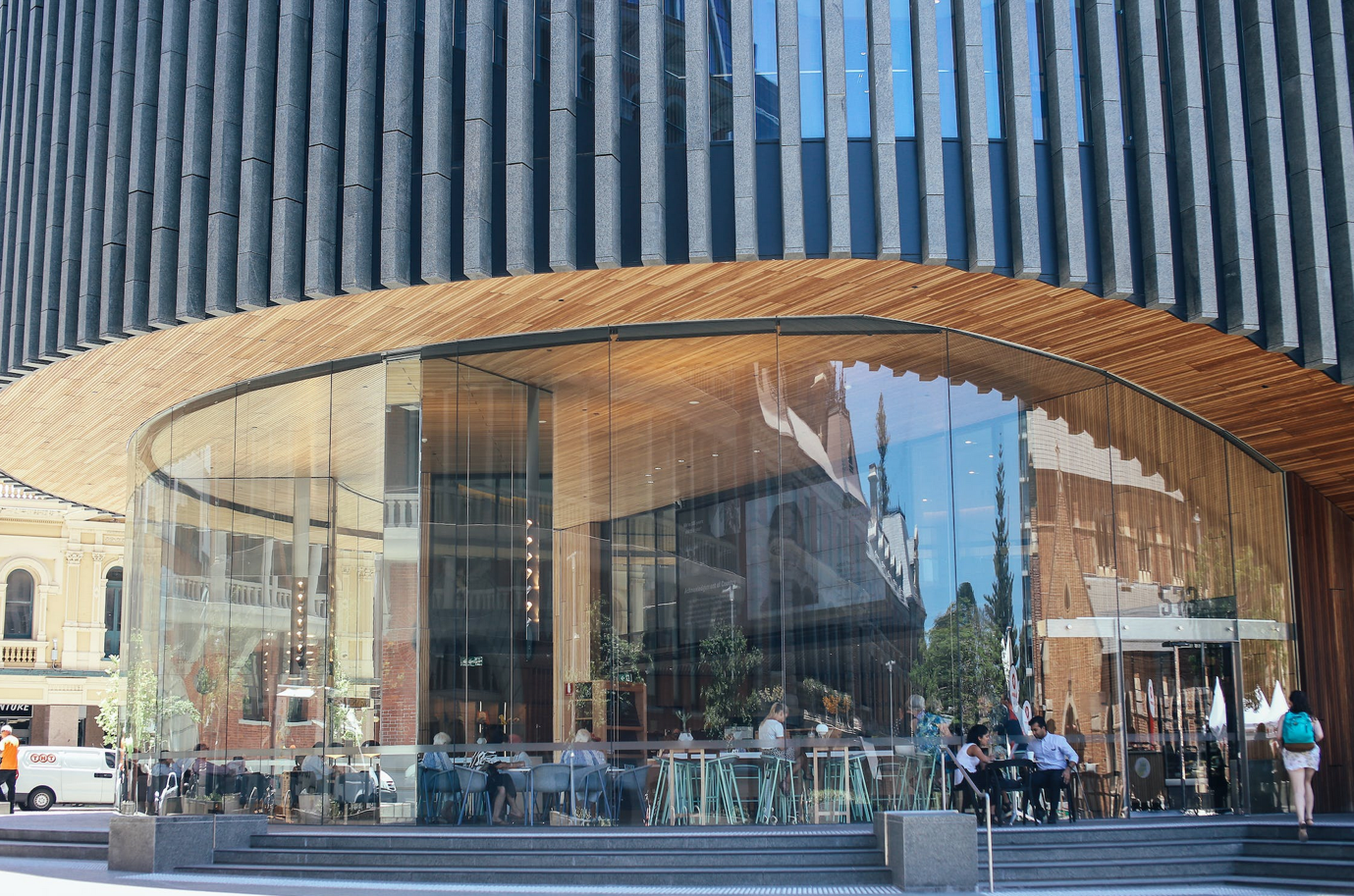Table Of Contents
You love your family; so you buy great ingredients to cook an amazing meal for dinner. You work hard to get the required ingredients; and even harder to prepare a mouth-watering meal. Certainly, you would not feel good if you discovered an essential ingredient in your meal; water, had a negative impact on the overall quality of your home-cooked meals? Yet, reality has it that hard water impacts how well your food tastes. Here is how:
Effect of Hard Water on Your Cooked Foods
Hard water contains several elements that increase the boiling point of water. that sounds like no big deal; but, if you had kids waiting for breakfast on the dining table, the quality of your food would certainly incorporate how fast you serve their meal.
Regrettably, certain minerals added to your water to make it safer for drinking could be the culprit when it comes to cooking nice meals. For instance, take a look at chlorine. Chlorine is added to community water as a means of disinfecting it, however, when used as a cooking material, it adds taste to your food. That’s not all. Chlorine is also known for its bleaching properties. It changes the color of certain vegetables and foods during boiling; your meal not being an exception. So, when next you choose to generate clean water through your kitchen faucet for your cooking activities, check out better ways on https://cleanersofterwater.com.
If you are the type that minds the flavor of meals they eat, hard water might also have a hard blow on you. Why? Foods like rice, beans, noodles, certain vegetables and even meats are good absorbers of flavors. So, the taste of your tap water might as well get into your meal. I’m pretty sure you wouldn’t like that.
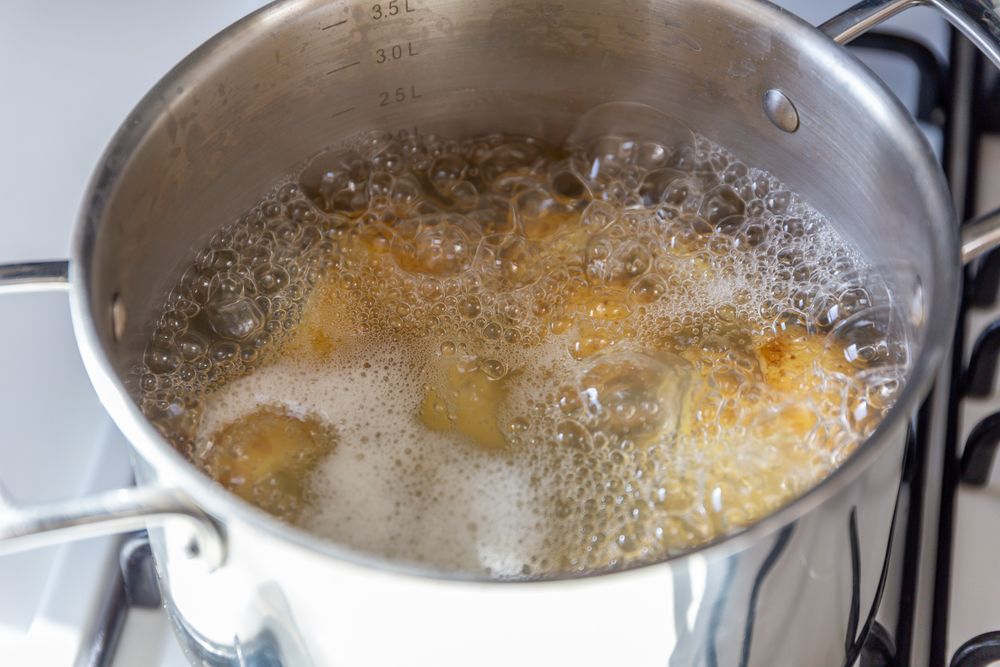
Effect on Your Baked Goods
Baking is an art. And just like any other form of art, it requires precisions and thoughtful predictions. Nevertheless, using hard water could render all form of expertise meaningless.
When the dough is mixed during baking, two proteins in the dry flour-glutenin and gliadin take in water; forming strong networks of coiled protein strands called gluten. The more the water absorbed, the stronger the network. Unfortunately, those minerals found in hard water makes it difficult for the proteins to absorb water, thereby producing undesirable results. Again, hard water slows down the fermentation process of yeast.
Scientists consider slightly acidic water as the most preferred water for baking. Hard water has a pH above 7, meaning it is alkaline. Yeast performs best in a slightly acidic medium; which hard water fails to provide. Generally speaking, hard water isn’t suitable for baking. So, if you struggle in baking a beautiful cake, it might not be your fault, it could be your water’s fault.
Wrapping Up
Now that you know how bad the impact of hard water on your meal could be, isn’t it time to purchase a water softener from Aqua Clear Water Systems?

